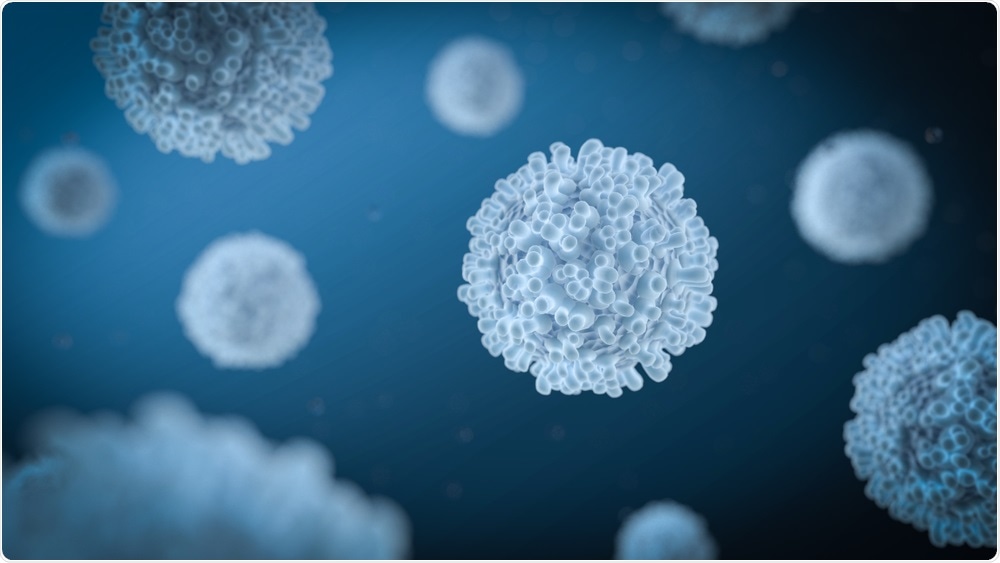Scientists have gained a deeper insight into the complexity of the surrounding in which T cells flourish and, by extension, the tolerance mechanisms of such cells which is a barrier to cellular immunity.

Image Credit: microstock3D/Shutterstock.com
The study was published in the Nature Communications journal and was guided by Dr Marie-Ève Lebel, a post-doctoral intern at the Maisonneuve-Rosemont Hospital Research Centre. The center is part of the Integrated University Health and Social Services Center of the East of the Island of Montreal (CIUSSS-EMTL).
Ms Lebel currently works in the laboratory of Dr Heather Melichar, a researcher at CR-HMR and also an assistant professor in the Department of Microbiology, Infectiology and Immunology at the University of Montreal.
In association with scientists from the Lady Davis Institute of McGill University and at Harvard University, Ms Lebel’s study promises to enhance the efficacy of cell therapy.
T cells are a significant part of the immune system, which enables the body to safeguard against infections and also helps remove tumor cells that are detected as foreign materials by the organism.
Immunotherapy—the use of the immune system to kill the cancer cells—has not only improved the survival rate of cancer patients but has also provided a cure for patients suffering from advanced stage cancer and/or those for whom conventional therapies have not worked out.
Yet, many barriers can inhibit the efficacy of immunotherapy because of the tolerance mechanisms of T cells that create a state of immune non-response to a particular antigen. Ms Lebel has focused on interpreting these tolerance mechanisms to neutralize the inability of specific T cells to attack the cancer cells.
Ms Lebel and collaborators further explored the surrounding in which the T cells develop and the interplay between cells, and effusively discovered certain factors that affect the development these cells.
Eventually, such components have a considerable impact on the ability of the body to govern an infectious agent, or even the development of tumor cells.
This discovery is a powerful scientific breakthrough, as these results will help us identify new targets and approaches to increase the anti-cancer activity of T cells in order to improve the survival of our patients.”
Dr Denis Claude Roy, Director of the University Institute in Hemato-Oncology and Cell Therapy (IUHOTC) and the Center of Excellence in Cellular Therapy (CETC) Maisonneuve-Rosemont Hospital